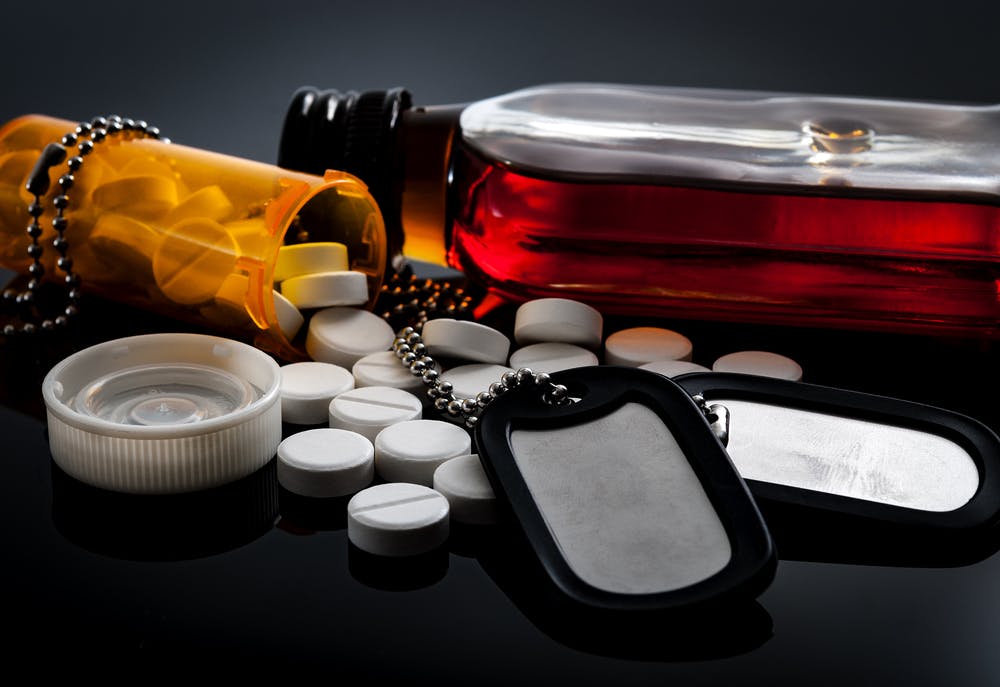For most people, Post-Traumatic Stress Disorder (PTSD) brings thoughts of distant war zones, heavy fire, and the tragedies of war. While this is a classic example of a situation which may cause PTSD, understanding more about the disorder can help break the stigmas and open up opportunities for treatment.

PTSD Isn’t Limited To Veterans
While we first began to understand what PTSD was by studying military veterans suffering from “shell shock”, we’ve come to recognize that any number of traumatizing life events can cause Post-Traumatic Stress Disorder to develop.
People who are susceptible to PTSD include survivors of:
- Child abuse
- Rape and sexual assault
- Domestic abuse
- Car accidents
- Assault
- Attempted murder, and other traumatic events
The trouble with assuming PTSD only affects a certain type of person is that it alienates others who may suffer in silence. Stigmas against mental health disorders already hinder treatment and cultivate shame and secrecy; perpetuating misinformation only furthers this undue suffering.
People With PTSD Are More Susceptible To Addiction
The symptoms of Post-Traumatic Stress Disorder are intense; they can be sudden and overwhelming, leaving many desperate for relief. Turning to illicit substances with the promise of escape isn’t uncommon among people with PTSD. In fact, people who live with this mental health disorder are more susceptible to developing a co-occurring substance abuse disorder than someone who does not have a mental illness.
What is the most common addiction among people with PTSD? Opioids, such prescription pain medication. Why? Because of the effects opioids have on our brains.
Some common symptoms of PTSD include hyper-vigilance, agitation, severe anxiety and paranoia, and most famously- flashbacks. Triggers for these and other symptoms can come from anywhere and everywhere. Opioid abuse is the most common among people with PTSD for a number of reasons: ease of access, misconceptions regarding safety, and seemingly appealing side effects.
Opioid addiction doesn’t happen for no reason. While some may stumble across this path accidentally because of a prescription to manage pain, others seek it as an easy and “safe” way to escape into the haze for awhile.
Symptoms of opioid abuse that draw one in include:
- Euphoria
- Sedation
- Emotional dissociation
- Anxiety relief
Overcoming Both PTSD And Addiction Requires Help
PTSD isn’t something you can just will or wish away. Allowing it to fester unaddressed is often the direct cause of addiction development. When facing co-occurring disorders, it’s important to seek professional help in order to overcome both troubles simultaneously.
Through treatment at an opioid dependence facility, people with both PTSD and opioid addiction can work through the symptoms and underlying causes of PTSD and how the two perpetuate each other. By discovering these connections under the guidance of recovery specialists, we are able to begin the journey to recovery.
Your life doesn’t have to be controlled by addiction or PTSD. Recovery is always possible.

